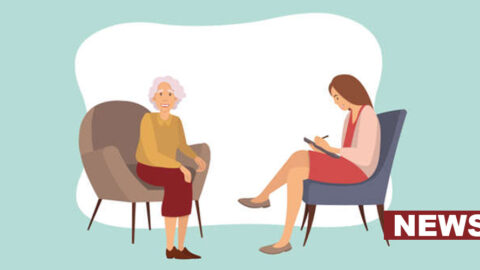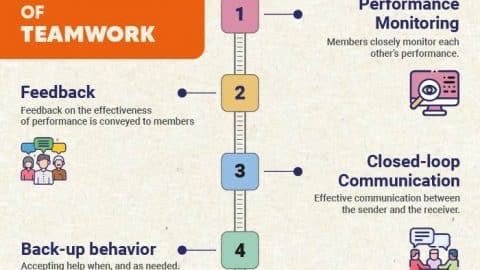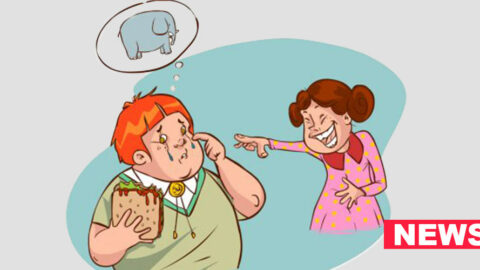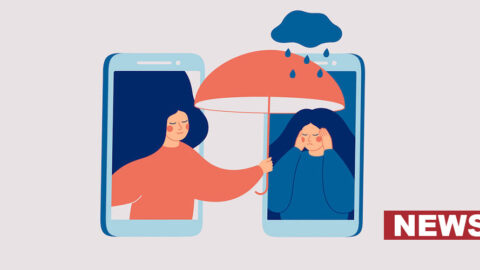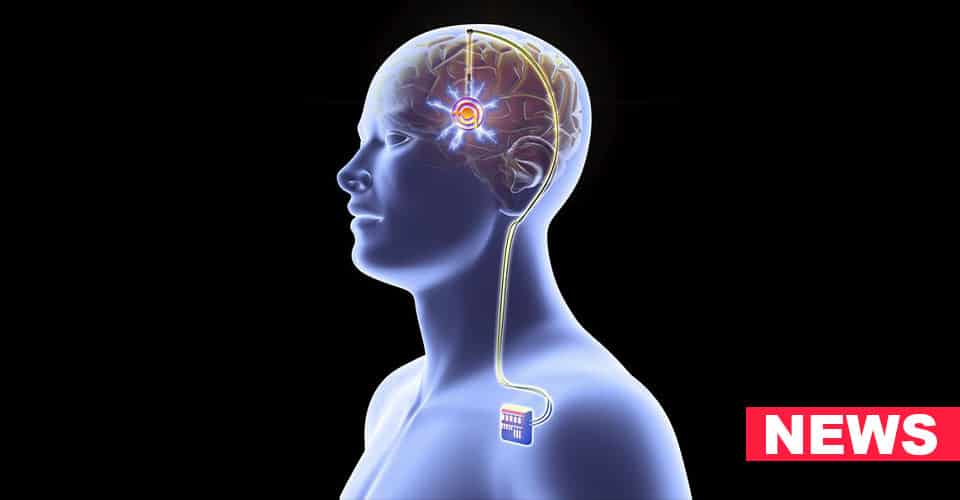- Popularly, apologizing has the power to repair relationships and promote healing.
- Recent research, however, found that people who are prone to apologize too much can suffer serious mental health consequences.
The Power Of An Apology
Apologizing is a powerful tool for repairing relationships and promoting emotional healing. It can foster forgiveness, empathy, and resolution, and can lead to improved communication and trust between individuals.
The Mental Health Benefits Of Apologizing
Apologizing has potential mental health benefits, including increased social cohesion, forgiveness, and improved relationships. Sincere apologies may also reduce guilt and anxiety, promoting emotional well-being and psychological health.
How Much Is Too Much Apologizing?
While apologizing can be beneficial, excessive apologizing can have negative effects on mental health. Apologizing too much may indicate low self-esteem, a fear of conflict or rejection, or a need for constant validation and approval. Excessive apologizing may also be associated with mental health disorders such as:
- Anxiety disorders [like obsessive-compulsive disorder (OCD), generalized anxiety disorder (GAD), and social anxiety disorder (SAD)]
- Depressive disorders [like major depressive disorder (MDD) and persistent depressive disorder (PDD)]
- Trauma-related disorders [like post-traumatic stress disorder (PTSD)]
- Personality disorders [like avoidant personality disorder (AVPD) or dependent personality disorder (DPD)]
Common Behaviors Associated With Apologizing Too Much
Common behaviors displayed by frequent apologizers include:
- Apologizing even when not at fault
- Apologizing for expressing opinions or setting boundaries
- Apologizing for taking up space or inconveniencing others
- Apologizing excessively in social interactions or professional settings
Can Over-apologizing Pose Problems?
A recent study at the University of Pittsburgh found that frequent apologizers may actually experience downstream benefits. The researchers conducted two separate experiments to understand better how people perceive the quality and quantity of apologies.
In the first experiment, 384 participants were randomly assigned short stories about either a high apology baseline character or a low apology baseline character.
They were then asked to react to the apology or no apology responses of the fictional protagonists. In the second experiment, 300 participants in romantic relationships were asked to assess the quality and frequency of their partners’ apologies.
According to the results, individuals with over-apologizing tendencies are majorly perceived as more communal, with heightened communal qualities associated with caring, satisfaction with the apology, and forgiveness. They also come across as honest, open, and warm—compared to those who never apologized.
Conversely, the findings revealed that people who are prone to apologize are perceived as incompetent, weak, annoying, moral, and warm.
They are believed to have fewer agentic qualities (such as assertiveness and confidence) and a high baseline of apologizing may lead to the devaluation of apologies as habitual behavior rather than genuine remorse. Thus, frequent apologizers are not necessarily viewed as good apologizers.
Tips To Balance Apologies
To balance apologies effectively, it is important to be sincere by genuinely expressing remorse without making excuses or shifting blame. Taking responsibility for one’s actions and acknowledging their role in the situation is crucial. Avoiding excessive apologies that may come across as insincere or habitual is also important.
Additionally, actively listening to the other person’s feelings and experiences, and validating them, demonstrates empathy. Finally, committing to making amends and taking steps to prevent similar situations in the future shows a genuine effort to learn and grow from the situation.
Know More About –
Related Articles –
- 10 Things You Don’t Have To Apologize For In A Relationship
- “I’m Sorry, But…” 5 Signs Of A Manipulative Apology
- The Power Of An Effective Apology: 7 Steps For Getting It Right












